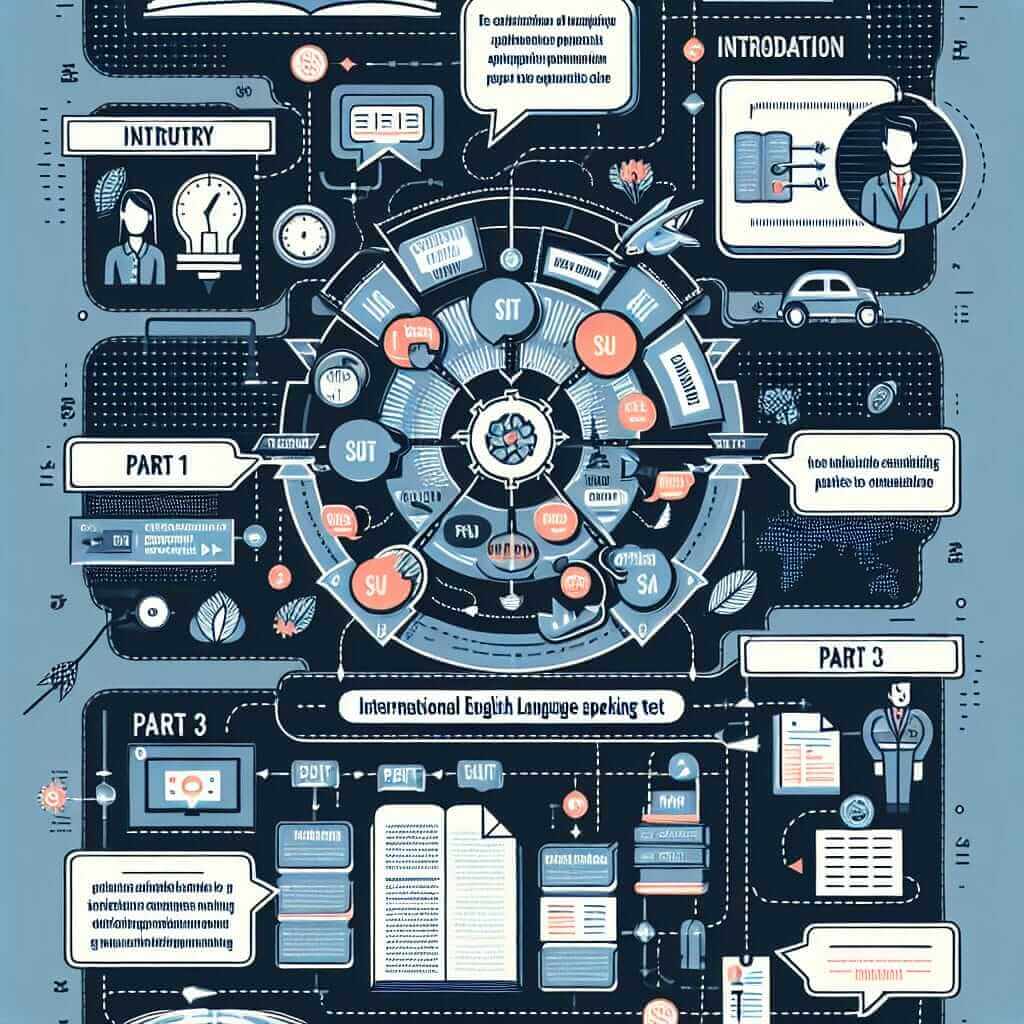As an IELTS instructor with over 20 years of experience, I’ve encountered countless students grappling with the intricacies of the IELTS Speaking test. One question that often arises, particularly in Part 1, is “Have you ever been a victim of a crime?” This seemingly straightforward question can catch even the most prepared test-taker off guard.
Nội dung bài viết
Understanding the Question
While the question appears simple on the surface, it’s crucial to understand its nuances within the context of the IELTS Speaking exam. The examiner isn’t probing for a detailed recount of a traumatic experience. Instead, they are assessing your ability to:
- Comprehend and respond to a direct question: Can you provide a clear and concise answer without deviating from the topic?
- Utilize a range of vocabulary: Can you incorporate words related to crime, safety, and personal experiences?
- Maintain fluency and coherence: Can you speak naturally and smoothly, connecting your ideas logically?
- Demonstrate grammatical accuracy: Can you use correct tenses and grammatical structures?
How to Approach the Question
1. Honesty is Key
There’s no need to invent a dramatic story. If you have been a victim of a crime, share your experience briefly and factually, focusing on how you dealt with the situation rather than the emotional impact.
2. Keep it Concise
Remember, Part 1 of the Speaking test is designed for shorter responses. Aim for 2-3 sentences that directly answer the question and provide a relevant example if applicable.
3. Expand on your Answer
If you haven’t been a victim of a crime, you can say so directly. However, don’t stop there. Use this as an opportunity to showcase your vocabulary and fluency. You could talk about:
- Crime rates in your country: “Fortunately, I haven’t personally experienced crime, but I’m aware that crime rates have been a concern in certain areas.”
- Safety measures: “I’ve been lucky not to be a victim of crime, and I believe that taking precautions like being aware of my surroundings has contributed to that.”
- Your feelings about crime: “While I haven’t been a victim myself, I find the thought of crime unsettling, and I believe it’s important for communities to work together to address it.”
 IELTS Speaking Test Preparation
IELTS Speaking Test Preparation
Example Answers
Here are a few examples to illustrate how to answer the “Have you ever been a victim of a crime?” question effectively:
Example 1 (Victim of a crime):
“Yes, I was once a victim of petty theft. Someone stole my wallet while I was traveling on public transportation. It was a frustrating experience, but thankfully I was able to cancel my credit cards quickly and report the incident to the authorities.”
Example 2 (No personal experience):
“Fortunately, I’ve never been a victim of a crime. I believe this is partly due to the relatively low crime rate in my hometown and my own vigilance when it comes to personal safety.”
Example 3 (Expanding on the answer):
“No, I’ve personally never experienced crime. However, it’s a topic that I find concerning. I make sure to stay informed about crime prevention tips and community safety initiatives.”
Tips for Success
- Practice makes perfect: Practice answering this question and other common IELTS Speaking Part 1 prompts.
- Record yourself: Listening to yourself speak can help you identify areas for improvement in fluency and pronunciation.
- Expand your vocabulary: Learn a range of words and phrases related to crime, justice, and safety.
- Focus on fluency: Speak naturally and avoid long pauses or hesitations.
- Don’t be afraid to be yourself: Share your genuine thoughts and experiences while adhering to the IELTS assessment criteria.
Conclusion
The IELTS Speaking test can feel daunting, but with thorough preparation and practice, you can approach it with confidence. Remember to answer questions honestly, stay focused, and utilize your language skills to the best of your ability. By following these tips and learning from the examples provided, you’ll be well-equipped to navigate the “Have you ever been a victim of a crime?” question and excel in your IELTS Speaking exam.


